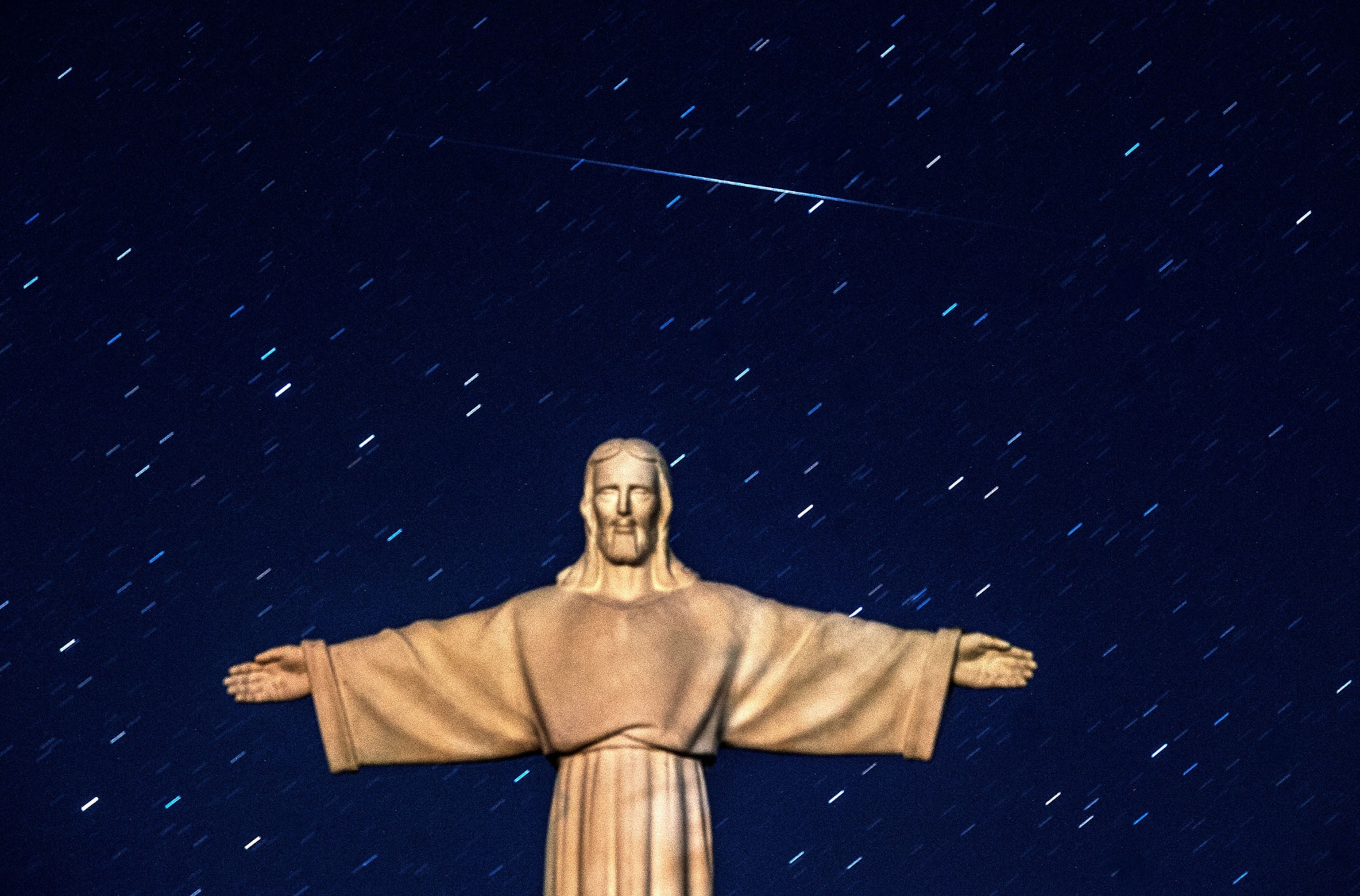Ancient accounts are full of astronomical observations, from a 3,400-year-old solar eclipse to a depiction of Halley's comet on the 11th-century Bayeux Tapestry. The annual Perseid meteor shower, for instance, was first noted in Chinese records in A.D. 36.
But the earliest recognition that the Perseids are a recurring event may have its source in Christian tradition and the grisly death of one of its early saints. (Read more on how to see the 2018 Perseid meteor shower.)
Several astronomers are believed to have independently "discovered" the Perseids in the 1830s, yet some scientists at the time conceded in their reports that European Christians had been long aware of the celestial phenomenon—just with a very different explanation for its origin.
"The annual occurrence of a meteoric display about the 10th of August appears to have been recognized for a very great length of time," wrote Edward Herrick, one of the first astronomers to observe the Perseids, in the 1839 volume of The American Journal of Science and Arts.
"[A] superstition has 'for ages' existed among the Catholics of some parts of England and Germany, that the burning tears of St. Lawrence are seen in the sky on the night of the 10th of August; this day being the anniversary of his martyrdom."
So who was Saint Lawrence? According to Christian tradition, he was an early deacon of the church who was put to death on August 10 in A.D. 258 under the orders of the Roman emperor Valerian.
In a suitably gory end for a Christian martyr, it's claimed that the deacon was literally grilled to death over hot coals, and that he had the temerity before his death to tell his pagan torturers that he was "done" on one side and to turn him over. (Perhaps for this reason, Saint Lawrence is now considered the patron saint of chefs.)
Although the anniversary of the martyrdom of Lawrence has been observed since at least the middle of the fourth century, it's impossible to say when the annual August Perseid display became associated with the saint's feast day and his fiery tears.
Nonetheless, there's "no doubt that the 'saint's tears' would have been well known by Christians long before astronomers caught on," says archaeoastronomer Anthony Aveni, who is studying stars depicted on church ceilings for a forthcoming book on constellations.
"When people pray to heaven, they expect an answer, so they expect to see a sign from heaven," he adds. "What more prominent sign can you get than the tears of a saint washing over you from the heavens?"
